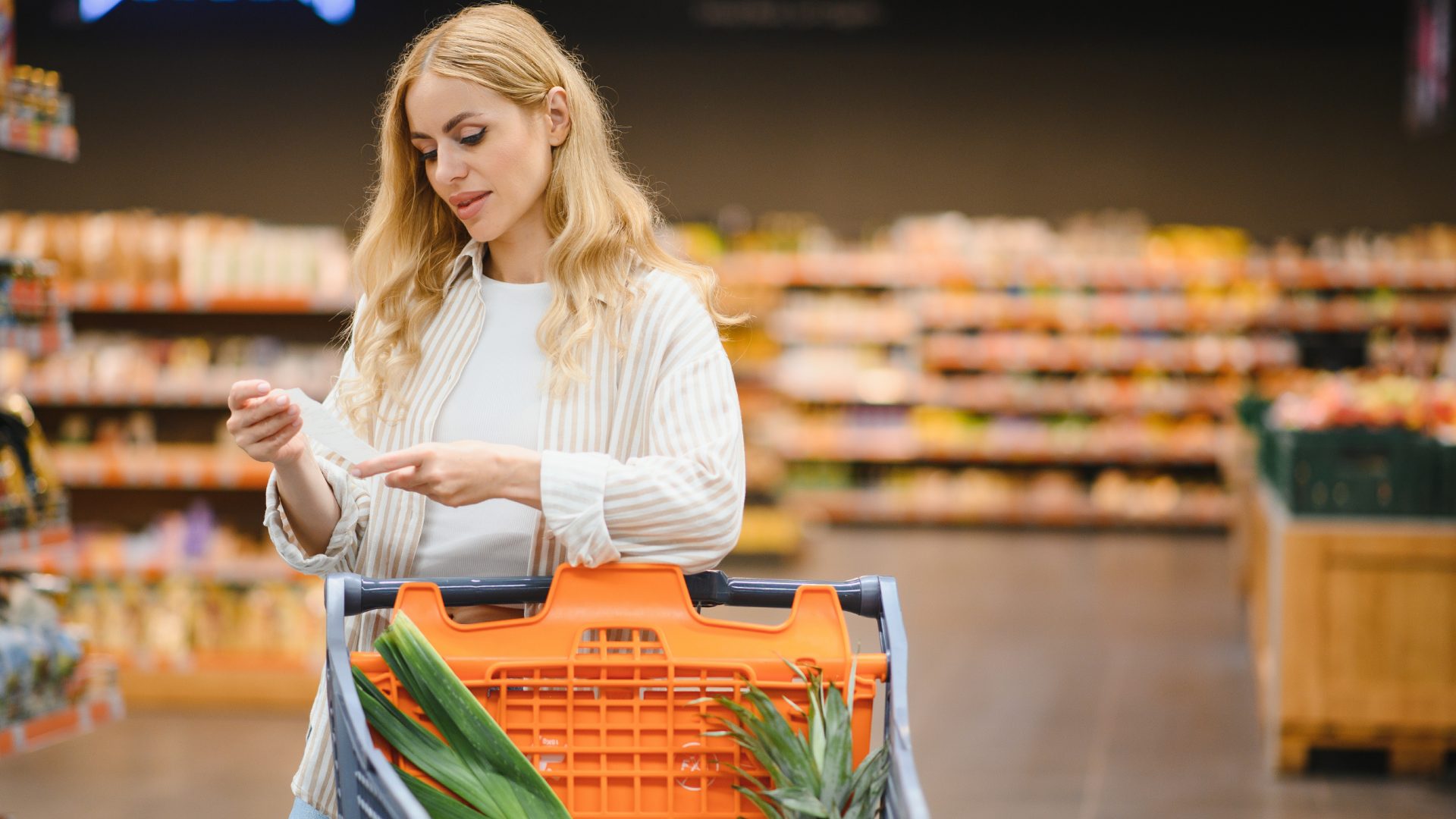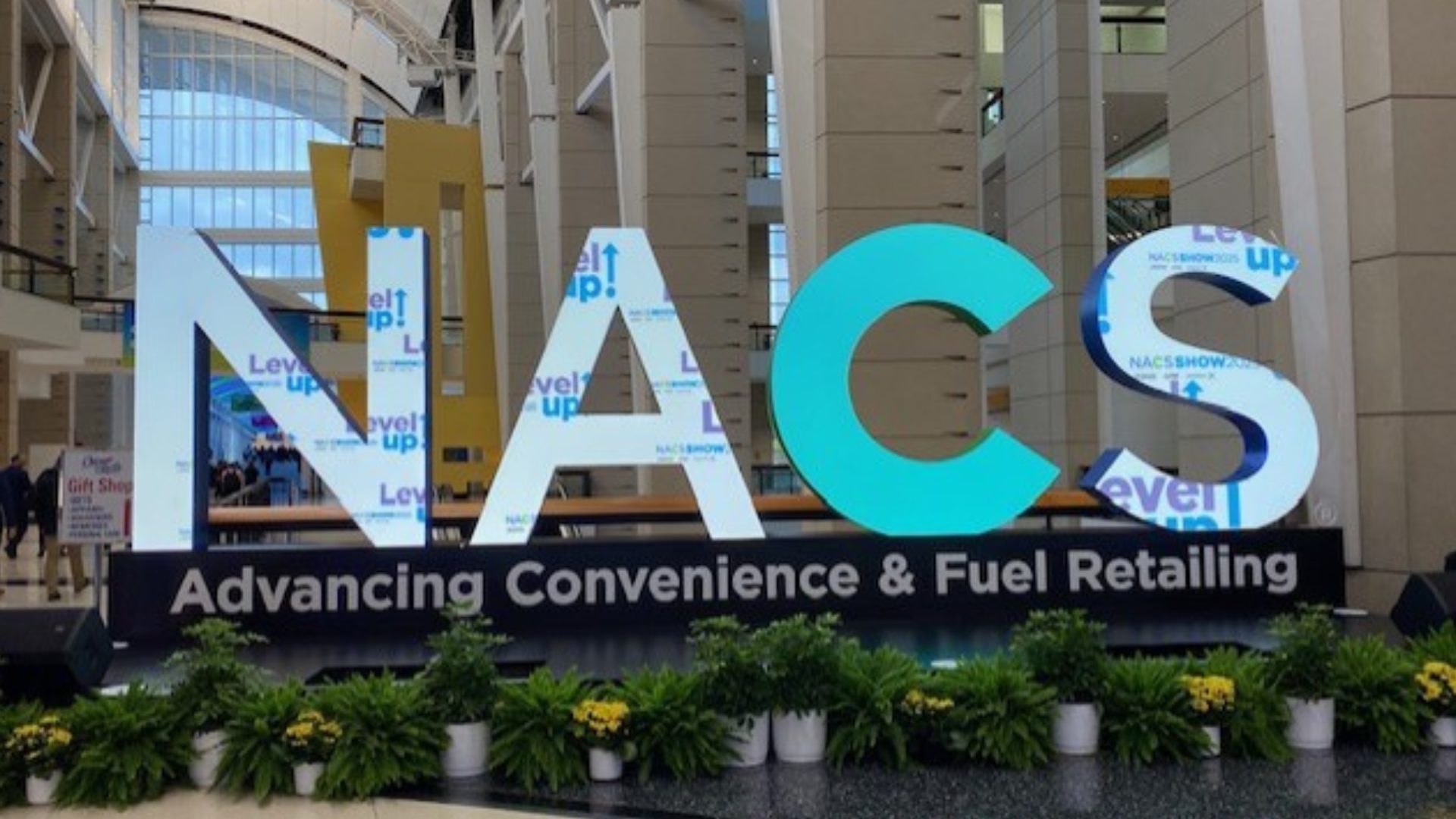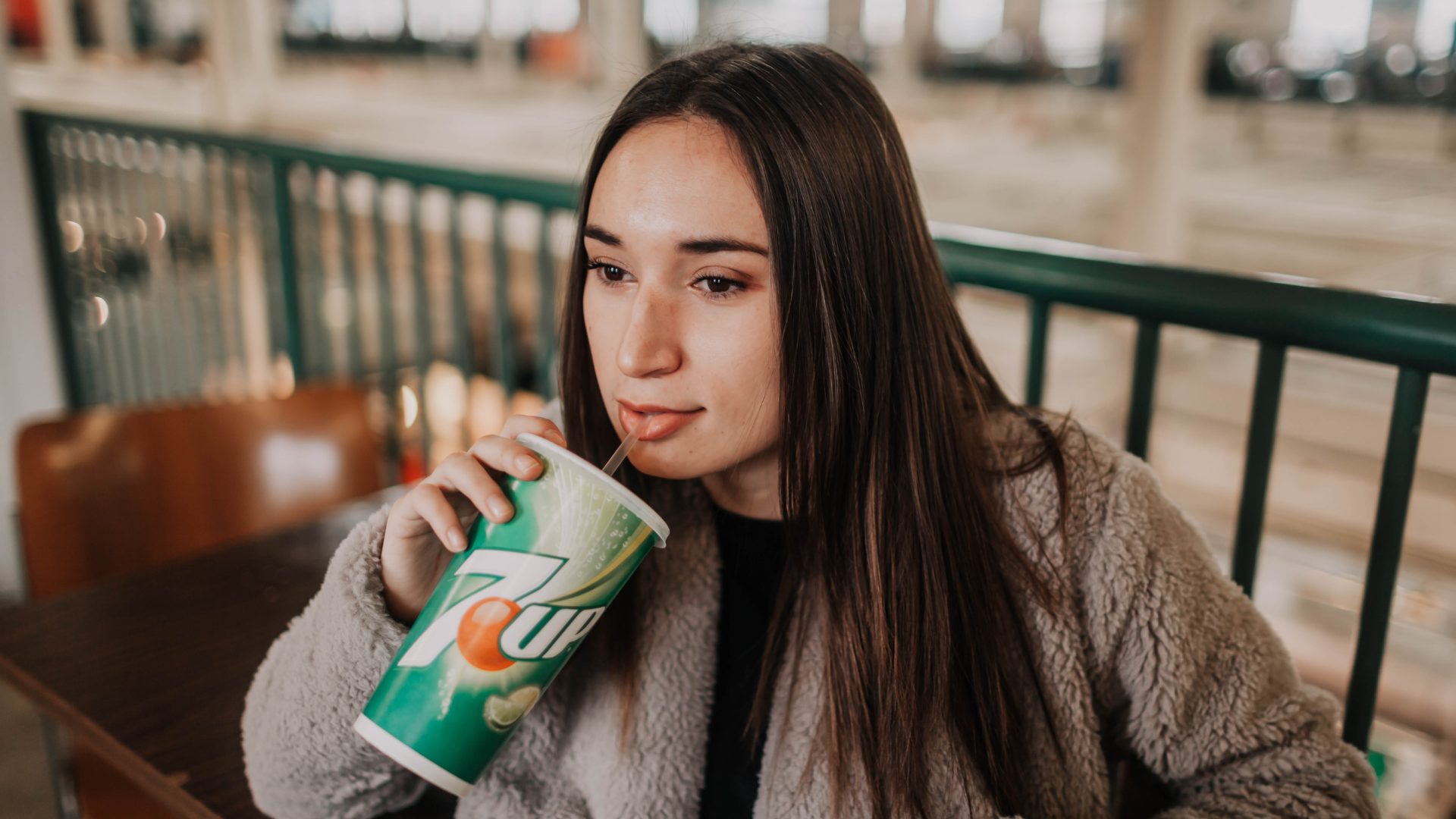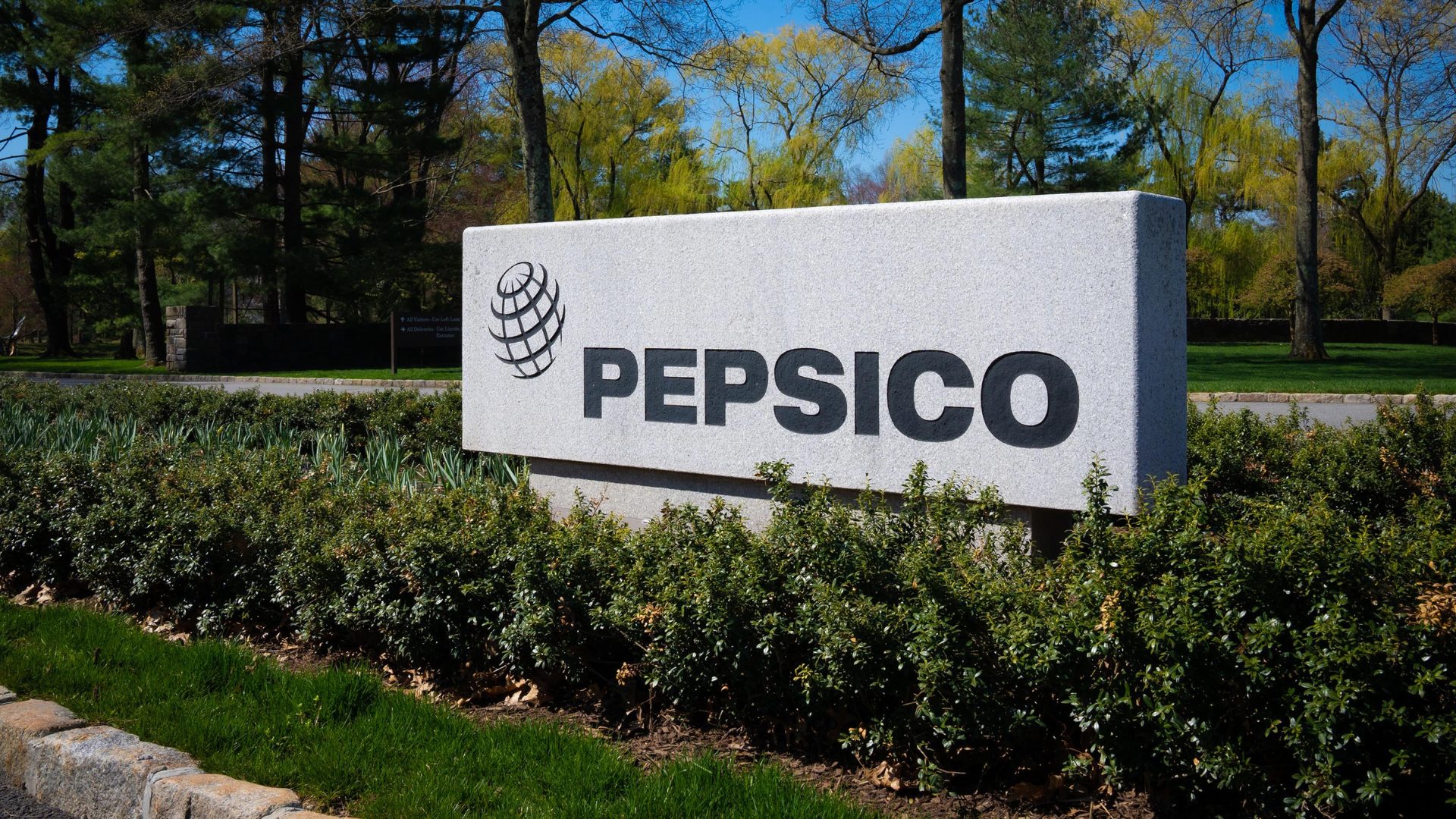As people spent more time at home during the pandemic, snacking rose significantly as a means to ease sadness, boredom, and stress.
In fact, the average U.S. consumer reported eating 37% more snack foods and treats while feeling sad or depressed, according to NPD Group’s Future of Snacking report.
MOODS IMPACT SNACKING
Being sad or depressed had the most impact on snack food and treat consumption, but boredom followed closely, as it increased snacking by 33%, the aforementioned report indicated. Additionally, consumers tended to eat more snacks when they were cranky, stressed, anxious, calm, and relaxed.
However, snack food consumption declined when consumers were feeling rushed, happy, good, tired or neutral.
WHAT CONSUMERS SNACKED ON
A combination of savory snack foods and treats helped comfort consumers during the earlier stages of the pandemic. It was discovered that sad or depressed consumers leaned toward sweeter treats while bored consumers tended to reach for more savory snack foods.
A mix of different snack food brands saw an increase in sales during the pandemic and continue to do so. For PepsiCo, net sales rose 6.8% during its recent quarter, to $14.82 billion, as consumers maintained their snacking habits, reported CNBC (April 15). Frito-Lay North America’s organic revenue rose 3% as consumers tried new products like Doritos 3D Crunch and Cheetos Crunch Pop Mix.
Mondelez International also recently beat Wall Street estimates for first-quarter revenue, boosted by higher demand for its biscuits and chocolates in Asian and European markets, CNBC reported.
LOOKING AHEAD
Although consumers reached for more treats and indulgent foods at the beginning of the pandemic, as the year went on, they went for a more balanced approach.
“Looking forward, the snack food and sweets industries need to keep a keen eye on the mental state of consumers, as changing times impact emotional needs for snack foods and treats,” said Darren Seifer, NPD food and beverage industry analyst, and contributor to the Future of Snacking study, in a press release.
“Today it’s about fighting boredom and boosting mental well-being. Tomorrow, look for more sharing of snack foods and treats in social environments as shared experiences come back into focus and pent-up demand for these types of occasions is released,” Seifer added.











